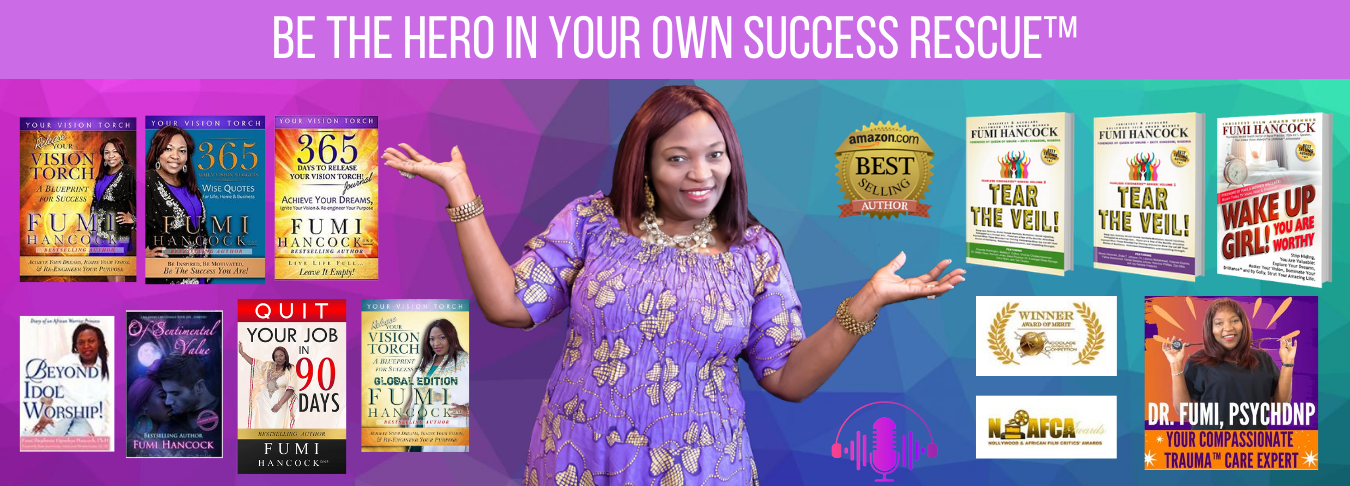 Being a life coach takes more than just learning from a book. There are skills you will need that you already have, yet you may not even know that you have them. Coaching is a little bit like having a good conversation with a friend. A great coach can have a natural rapport with anyone simply by taking advantage of a few of the skills they already have. Let’s look at those skills…
Being a life coach takes more than just learning from a book. There are skills you will need that you already have, yet you may not even know that you have them. Coaching is a little bit like having a good conversation with a friend. A great coach can have a natural rapport with anyone simply by taking advantage of a few of the skills they already have. Let’s look at those skills…
Be Curious About What Your Client Has to Say
When we speak about listening with curiosity, we’re talking about showing genuine interest in what others are saying to you. All too often we listen without really showing interest. We are impatient and truly show a lack of attentiveness, which in turn hampers constructive conversation. We are too focused on our own agenda. Be genuinely curious. Don’t do all the talking, and keep interruptions to a minimum. Pace the conversation, and don’t be afraid to keep it focused and on target. Be involved and your client will be involved, too.
Take It All In
Sometimes you can project all the necessary nonverbal cues to give the other person a sense that you’re listening with curiosity, but you could still be failing to take in any information. While projecting a sense of curiosity, don’t forget to absorb and register what is actually being said. You need to hear the words, read the gestures, and take in the thoughts, ideas, and emotions of the other party. To take in what you hear, you need to pace the conversation and put yourself in the shoes of the other party. If you aren’t listening—you aren’t coaching.
Reflection Is Key
Reflecting back with accuracy shows the person you’re really listening and confirms that you have digested the right information. It also allows the person to hear back what he or she has said and to check within him or herself: Is it exactly what he or she meant to say? Try to take notes, and refer back to them often. Don’t be afraid to ask your client to delve deeper into what they’ve said. Try to get to the root of their issues.
Ask Questions…
Asking questions extends the conversation and allows for a more productive dialogue. Ask open-ended questions that allow more exploration to take place. By asking open ended questions, you give your protégés an opportunity to find answers within themselves. When someone actually discovers the answers for themselves, it empowers them. When you question for exploration, you reinforce in their minds that you believe in them, and that their opinions, knowledge, and experience are worthwhile. You build their confidence. A true coach will always look to build the confidence of their client.
Don’t Be Afraid to Give Back
Feedback is often thought of as being inherently critical, but that need not be the case. Successful coaches are careful and discriminating about how they employ feedback, knowing that poor or incomplete feedback could stifle their protégés or even cause feelings of inadequacy in them. The successful coach avoids the common mistake of using feedback as a vehicle for asserting expertise. Unclear, arrogant, or dismissive feedback can drive your protégés into defensiveness and destroy the trust so critical to your relationship. When providing feedback, coaches should strive to make it clear, make it relevant, make it helpful, and make it positive. Try to always end on a positive note.
YOUR VISION TORCH Series
Achieve Your Dreams, Ignite Your Vision, & Re-engineer Your Life Purpose
More blog articles at www.yourinneryou.com
Dear Princess Column at: www.sentimentalnursewriter.com
Download your free sample here







